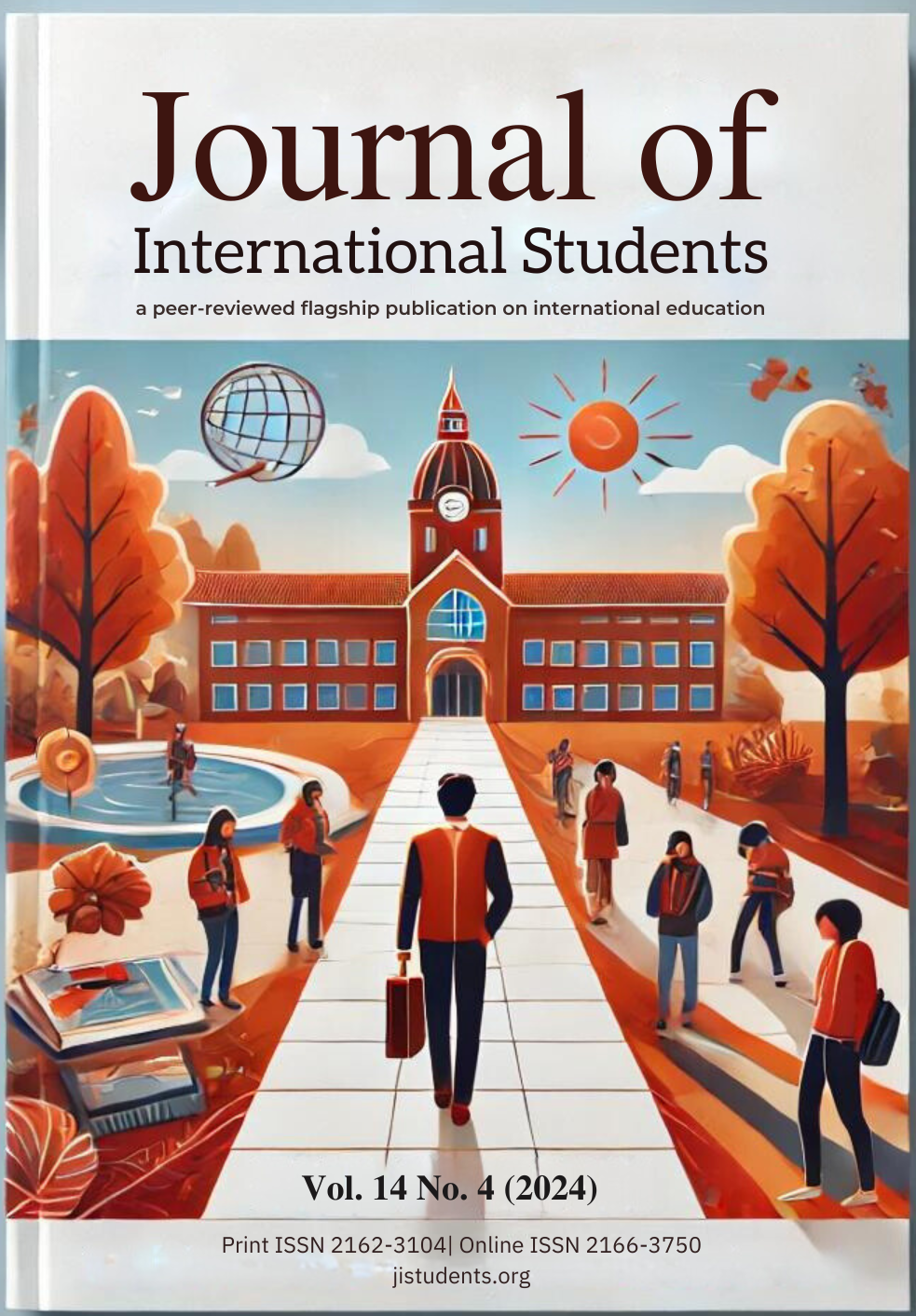Acculturation strategies and language attitudes in shaping heritage language proficiency in children of Turkish descent in the United States
DOI:
https://doi.org/10.32674/jis.v14i4.6589Keywords:
Immigration, heritage language and culture, bilingualism, Turkish immigrants in the U.S.Abstract
This study investigates the relationship between acculturation and language attitudes among Turkish immigrant parents and their children's heritage language proficiency, using Vygotsky’s sociocultural theory (Vygotsky, 1978) and Berry's acculturation theory (Berry, 1997). Fifty-two Turkish parents (M age = 38.15, SD age = 4.84) completed questionnaires on acculturation and language attitudes, while their children (M age = 8.23, SD age = 2.18) completed vocabulary tests. Results reveal a positive correlation between parents' separation attitudes and supportive language practices, emphasizing Turkish use at home. Younger children showed higher heritage language proficiency, highlighting the importance of early language acquisition. Active Turkish usage among siblings also positively impacted proficiency, while passive exposure through media did not. These findings suggest that immigrant parents' cultural integration attitudes shape their language management strategies, influencing their children's heritage language retention.Downloads
Published
Issue
Section
Categories
License
Copyright (c) 2024 Journal of International Students

This work is licensed under a Creative Commons Attribution-NonCommercial-NoDerivatives 4.0 International License.
All published articles are licensed under a Creative Commons Attribution-NonCommercial-NoDerivs 4.0 Unported License.















